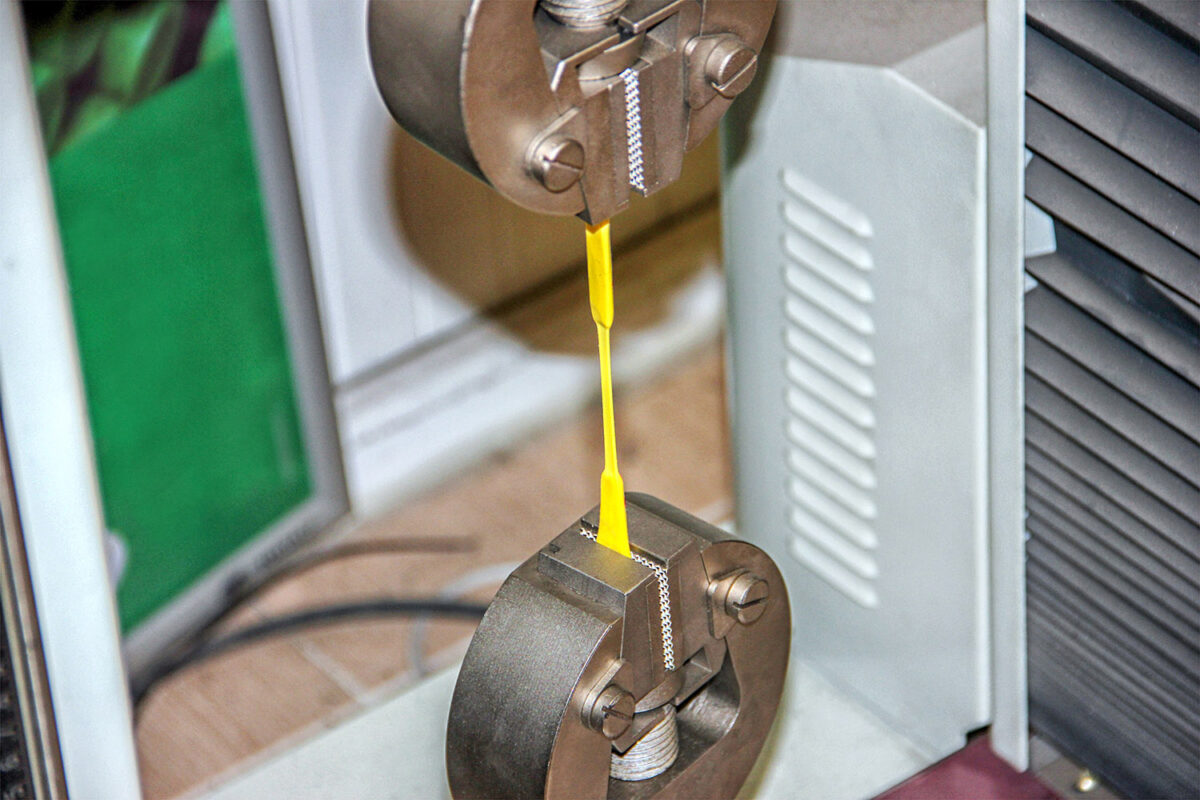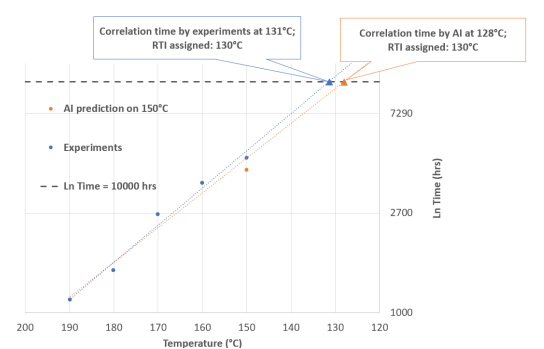Accelerating Polymer Thermal Regulatory Approvals with AI

New resins lacking thermal measurements may face challenges in meeting regulatory standards and entering the market.
The use of AI can streamline the introduction of these resins by potentially halving the time needed for testing and regulatory approvals.
You can also read: AI for Enhanced Materials Development and Manufacturing
Gaining regulatory approval for resin is vital for many uses. For instance, resins in electrical connectors and components must meet strict safety standards, including flame retardancy and heat stabilization requirements. These components need validation for both short-term properties and thermal usage temperatures, with short-term validations being more straightforward.
Relative Thermal Index Measurements
Among the required testing protocols, the Relative Thermal Index (RTI) test outlined in UL746B is the most time-consuming and costly. This test verifies a polymer’s service temperature, assessing the long-term durability of a new polymer (candidate) against a proven material (control). Focusing on electrical, impact, and other mechanical properties at various temperatures to determine the performance life, marked by a 50% loss of a property. Conducted across different temperatures and material thicknesses, this analysis can take months and involves significant investment.
AI as a Fast Track

RTI by experiment vs RTI predicted by AI. Courtesy of TE Connectivity.
TE Connectivity has been pioneering the use of AI to expedite the RTI measurement process, aiming to fast-track material approval. By integrating AI into testing protocols, the process not only speeds up but also ensures that agency approvals can keep up with rapid development phases.
Such advancements in AI application are set to revolutionize the introduction of new materials. This will enable manufacturers to leverage the benefits of newly developed biobased or additive manufactured polymers more quickly.
